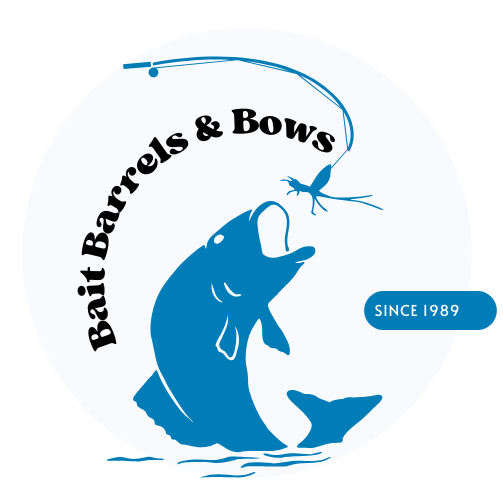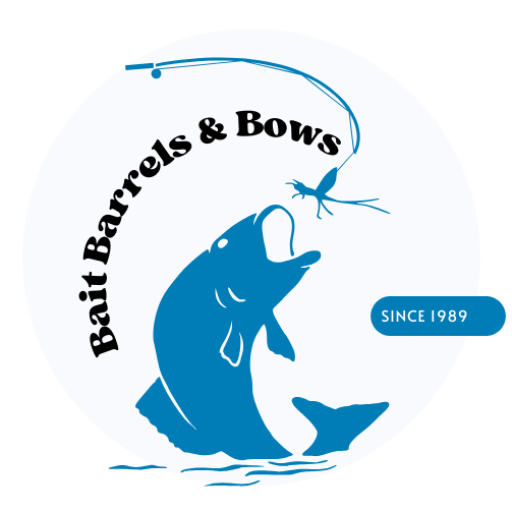The rhythmic lap of water against the hull, the tug on the line as a fish investigates your lure – fishing is a pastime steeped in tradition and a connection with nature. However, traditional fishing methods and gear can have a significant negative impact on the very ecosystems we cherish. Pollution from non-biodegradable materials, harm to aquatic life from lost tackle, and overfishing all threaten the delicate balance of our waterways.
The good news is, a growing movement of anglers are casting a line for a sustainable future. This article delves into the world of eco-friendly fishing lures and sustainable practices, empowering you to minimize your environmental footprint while enjoying the thrill of the catch.
Eco-Friendly Fishing Lures: Luring Fish Without Harming the Environment
Materials Matter: The foundation of eco-friendly lures lies in their materials. Traditional lures often utilize plastics that can take hundreds of years to decompose, posing a threat to marine life if ingested.
- Biodegradable Plastics: A significant advancement is the use of biodegradable plastics in lure construction. These materials are designed to break down into harmless compounds through natural processes, minimizing their long-term environmental impact.
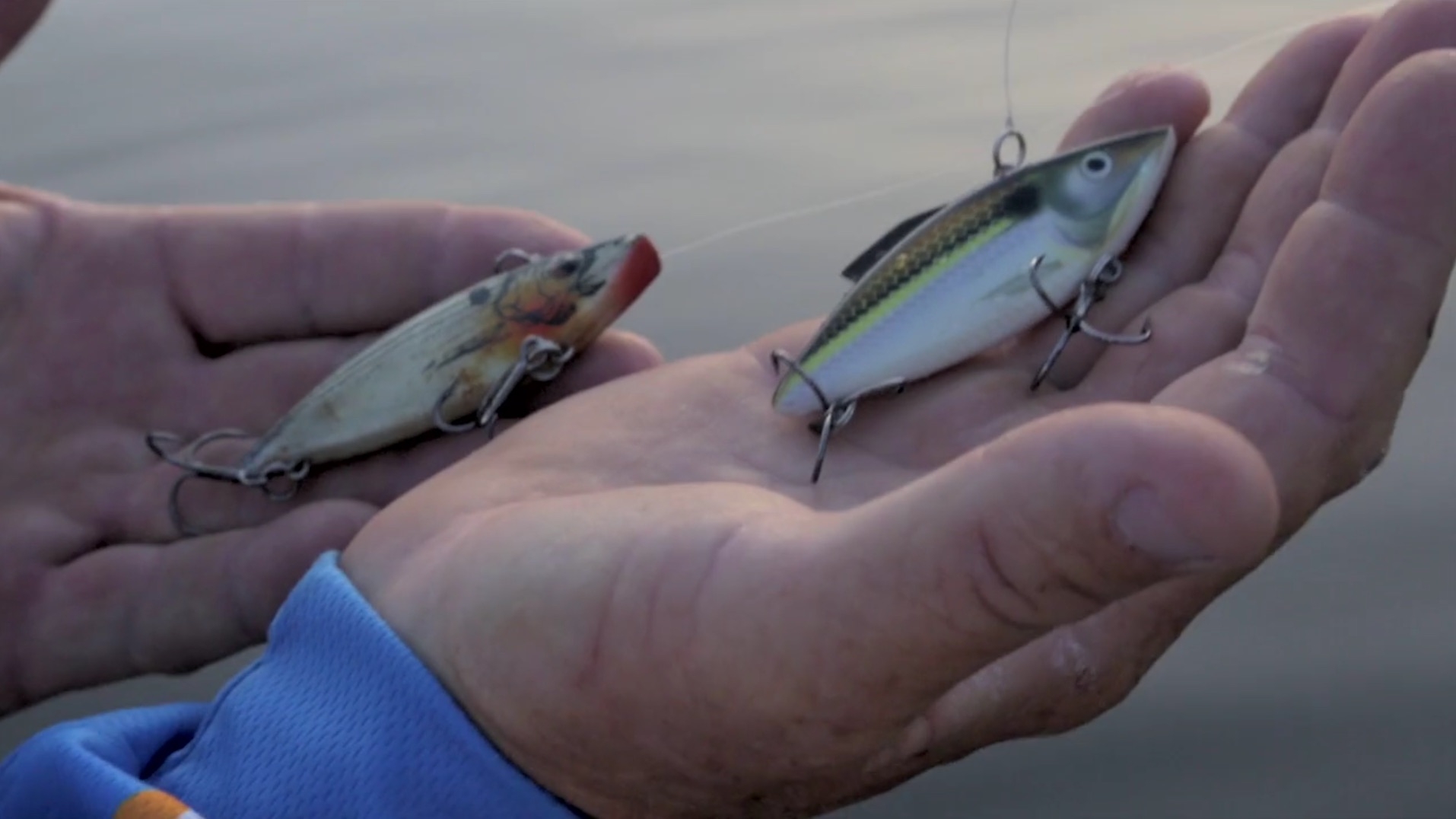
- Natural Materials: A timeless option is the use of natural materials like wood and feathers. These traditional lure components, when sourced sustainably, offer a biodegradable and often surprisingly effective alternative.
- Non-Toxic Paints and Coatings: The paints and coatings used on lures can also have environmental consequences. Eco-friendly lures prioritize non-toxic paints that do not leach harmful chemicals into the water, protecting aquatic life.
Leading the Charge: Eco-Friendly Lure Brands
As the demand for sustainable fishing solutions grows, so does the number of brands catering to this movement. Here are some prominent examples:
- BioSpawn: This brand focuses on crafting high-performance fishing lures from biodegradable materials. Their lures are designed to decompose quickly and safely in aquatic environments.
- Eco Pro Tungsten: Specializing in tungsten fishing weights, Eco Pro Tungsten prioritizes environmentally friendly manufacturing processes and utilizes recycled materials whenever possible.
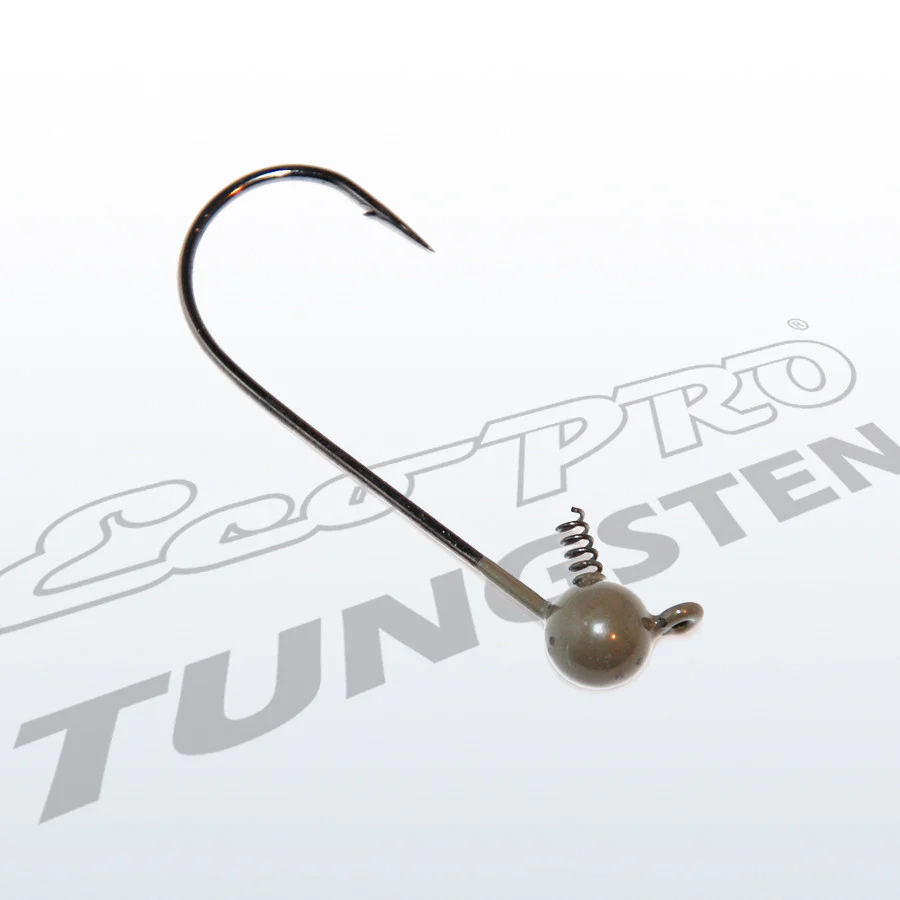
- Storm lures: A well-established brand in the fishing world, Storm has introduced a line of eco-friendly lures made from sustainable materials like recycled zinc.
Beyond Sustainability: Performance Matters Too
Eco-friendly doesn’t have to mean sacrificing performance. Many eco-friendly lures are designed and tested to be just as effective, if not more so, than their traditional counterparts. Biodegradable materials can be surprisingly durable, and natural materials have been a mainstay of effective lures for generations. By choosing eco-friendly options, anglers can enjoy the satisfaction of a great catch while minimizing their environmental impact.
Sustainable Fishing Practices: A Holistic Approach to Aquatic Conservation
Catch and Release Done Right: Catch and release is a cornerstone of sustainable fishing, allowing fish populations to replenish. However, proper technique is crucial to minimize harm to the fish:
- Barbless Hooks: Opt for barbless hooks, which are easier to remove, reducing injury to the fish during release.
- Fish Handling: Handle fish with care and wet hands to protect their delicate slime coating, which is vital for their health. Minimize the time the fish spends out of the water and revive them gently before releasing them back into the water.
Choosing the Right Fishing Location
- Respect Local Regulations: Familiarize yourself with local fishing regulations to ensure you’re not targeting overfished species or fishing in restricted areas. These regulations are often put in place to protect vulnerable populations and maintain the balance of the ecosystem.
- Avoiding Sensitive Areas: Be mindful of sensitive habitats like spawning grounds or areas designated for conservation. Choosing alternative fishing locations can significantly impact the overall health of aquatic ecosystems.
Sustainable Gear for a Sustainable Future
Beyond lures, the entire fishing tackle box can be approached with a sustainability lens:
- Biodegradable Fishing Line: Traditional fishing line can persist in the environment for years. Biodegradable fishing lines offer a more responsible option, breaking down into harmless compounds over time.
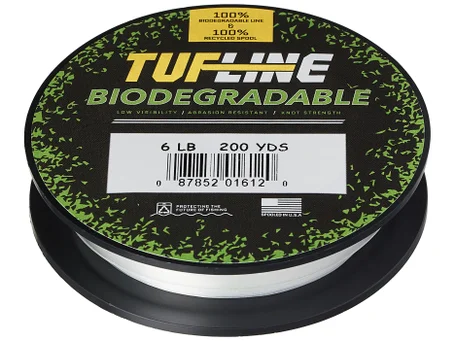
- Reusable and Recyclable Gear: Invest in reusable gear like stainless steel weights or sinkers. Not only are these options more durable, but they also prevent the loss of lead weights, which can be toxic to aquatic life, into the environment.
- Sustainable Materials for Rods and Reels: Look for manufacturers who utilize recycled materials or sustainable practices in the construction of fishing rods and reels. This growing trend allows you to make informed choices that benefit the environment.
Education and Advocacy: Empowering Anglers for Change
Sustainable fishing isn’t just about individual actions; it’s about fostering a culture of conservation within the angling community. Here’s how you can contribute:
- Community Involvement: Engage with local fishing clubs or conservation organizations. These groups often organize educational workshops, clean-up initiatives, and advocacy efforts. Participating in these activities allows you to learn from experienced anglers, contribute to positive change, and connect with like-minded individuals.
- Knowledge Sharing: Spreading the word about sustainable fishing practices is key. Share your knowledge with fellow anglers, encourage them to explore eco-friendly options, and discuss the importance of responsible fishing habits.
- Supporting Sustainable Businesses: Make a conscious effort to support businesses that prioritize sustainability. Look for fishing tackle shops that carry eco-friendly lures and gear, and patronize brands known for their commitment to environmental responsibility.
Case Studies: Inspiring Examples of Sustainable Fishing Success
The positive impact of sustainable fishing practices is not just theory; it’s a reality demonstrably improving our waterways. Here are a couple of inspiring examples:
- The “Keep America Fishing” Initiative: This national program in the United States promotes conservation and responsible fishing practices through education and advocacy. Their efforts include educational programs for young anglers, habitat restoration projects, and outreach initiatives that highlight the importance of sustainable fishing. The program’s success stories showcase the positive correlation between responsible fishing practices and healthier fish populations.
- Community-Driven Conservation Efforts: Around the world, local communities are taking charge of protecting their fisheries. In Raja Ampat, Indonesia, a collaborative effort between local villages and conservation organizations has implemented sustainable fishing practices. This has led to a significant increase in fish populations, a flourishing coral reef ecosystem, and a boost to the local economy through responsible tourism.
Angler Testimonials: Real-World Benefits of Sustainable Fishing
Many anglers who have embraced sustainable practices share positive experiences that go beyond environmental benefits. Here are some real-world examples:
- Improved Catch Rates: Some anglers report experiencing better catch rates with eco-friendly lures. Biodegradable materials can mimic the natural textures and scents of prey more effectively, attracting fish more readily.
- Durability and Performance: Advances in sustainable materials have led to the creation of eco-friendly lures that are just as durable and effective as traditional options.
- A Sense of Responsibility: Anglers who choose sustainable practices often report a heightened sense of satisfaction and responsibility while fishing. Knowing they are minimizing their environmental impact allows them to enjoy the sport with a clear conscience.
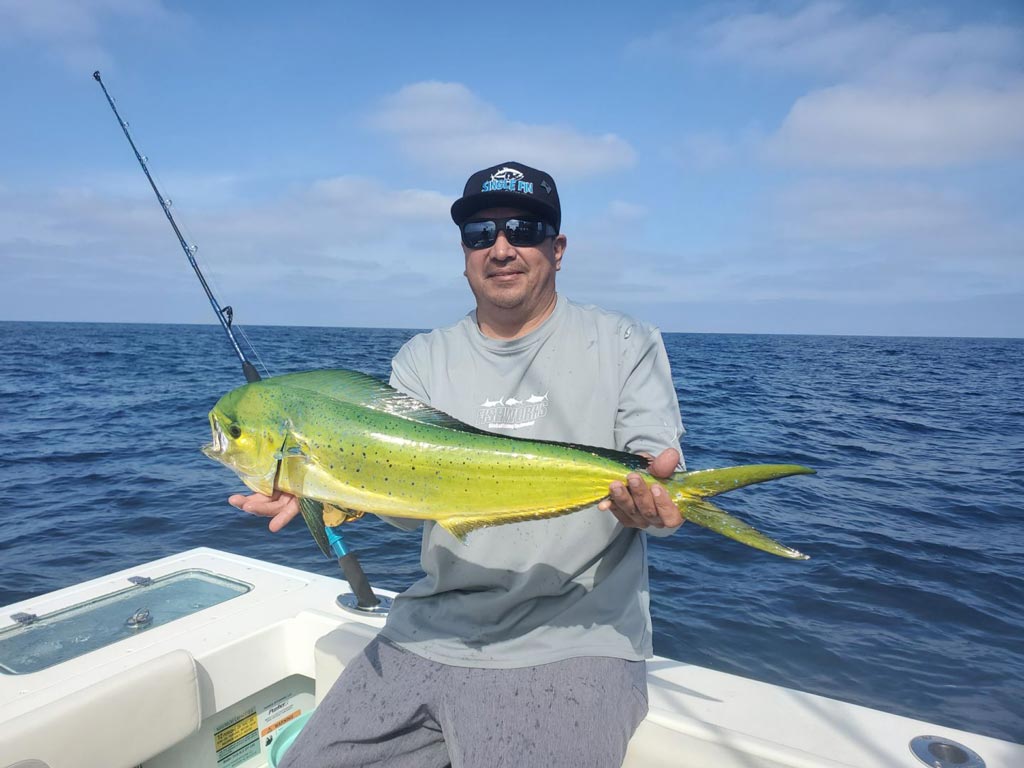
Robert Smith is the proud owner of Bait Barrels and Bows, a premier fishing sports store established in 1989. With over three decades of experience in the industry, Robert has honed his skills to become an expert angler, sharing his vast knowledge and passion for fishing with enthusiasts around the world. Through his store and writings, Robert provides invaluable tips and guidance, helping both novice and seasoned anglers improve their techniques and enjoy the sport to its fullest. His commitment to the fishing community is evident in his dedication to quality products and excellent customer service.
